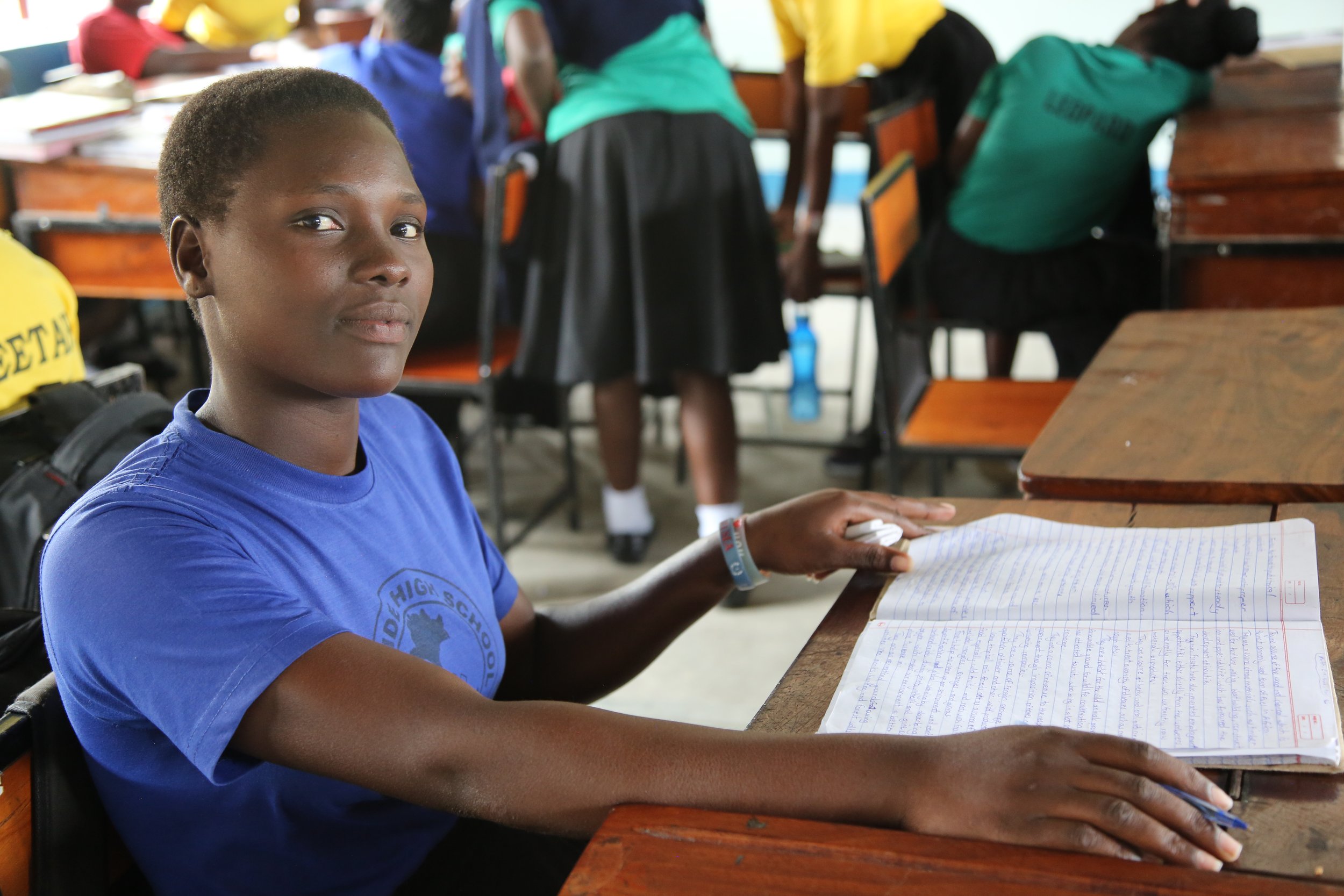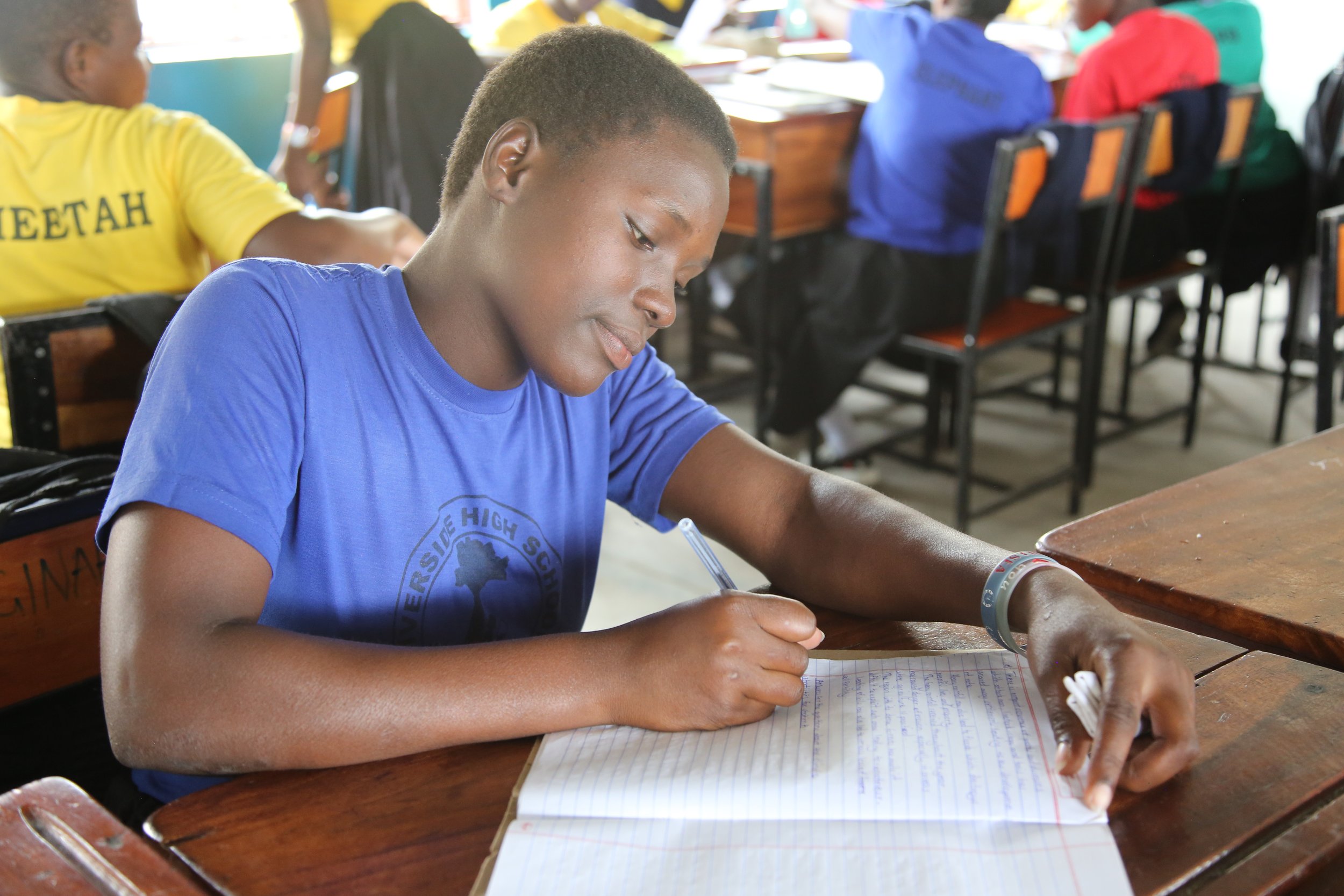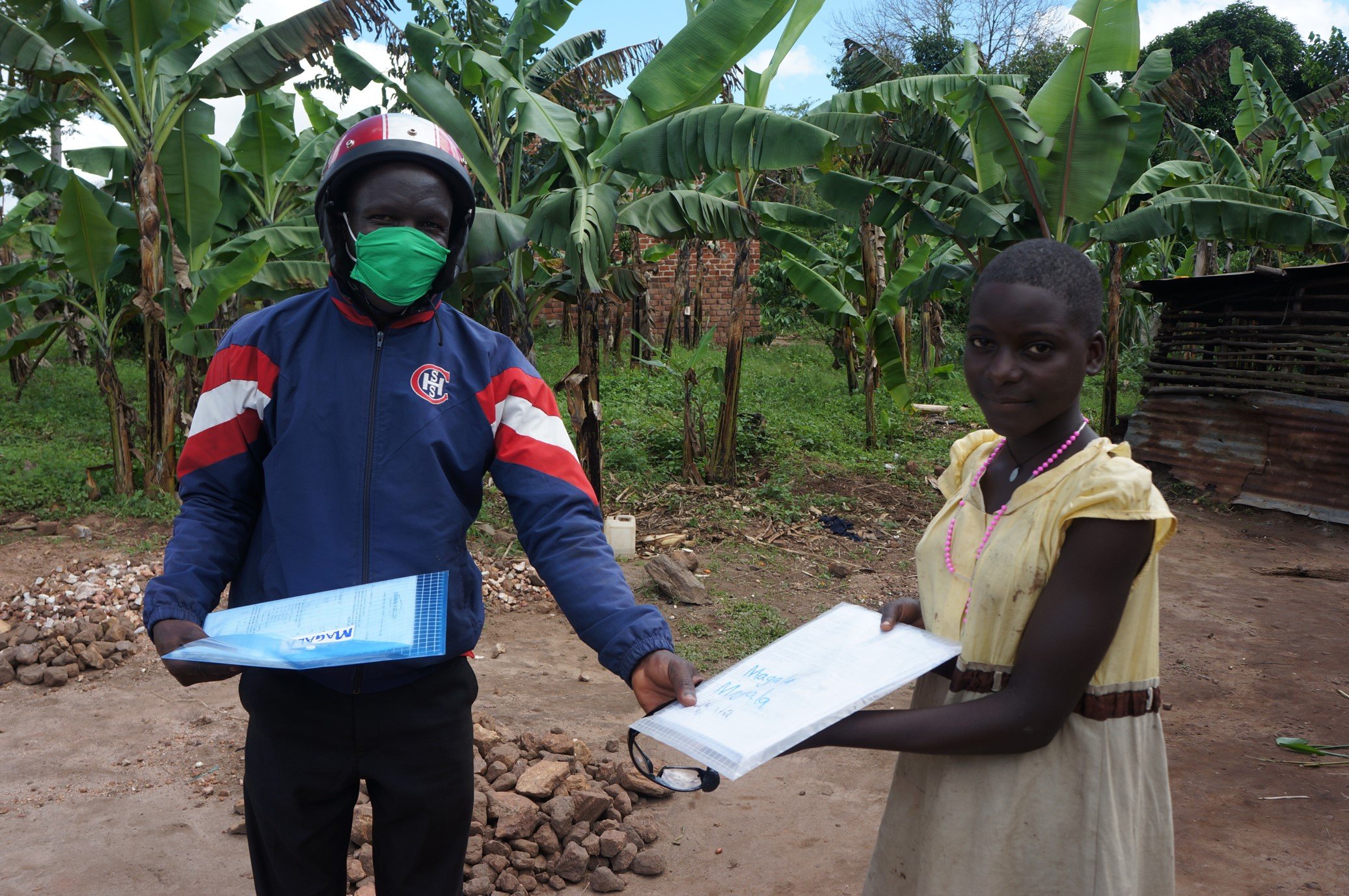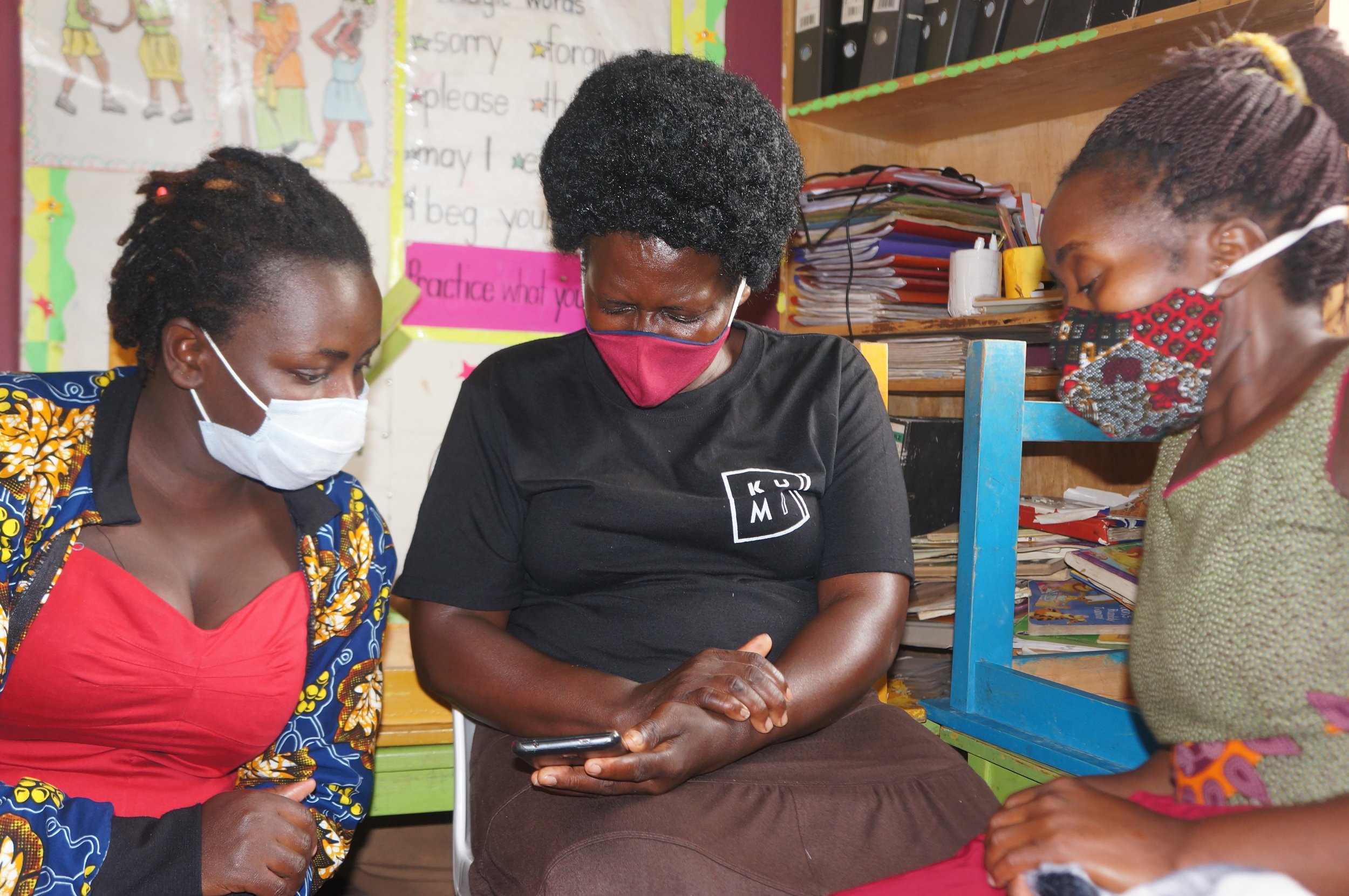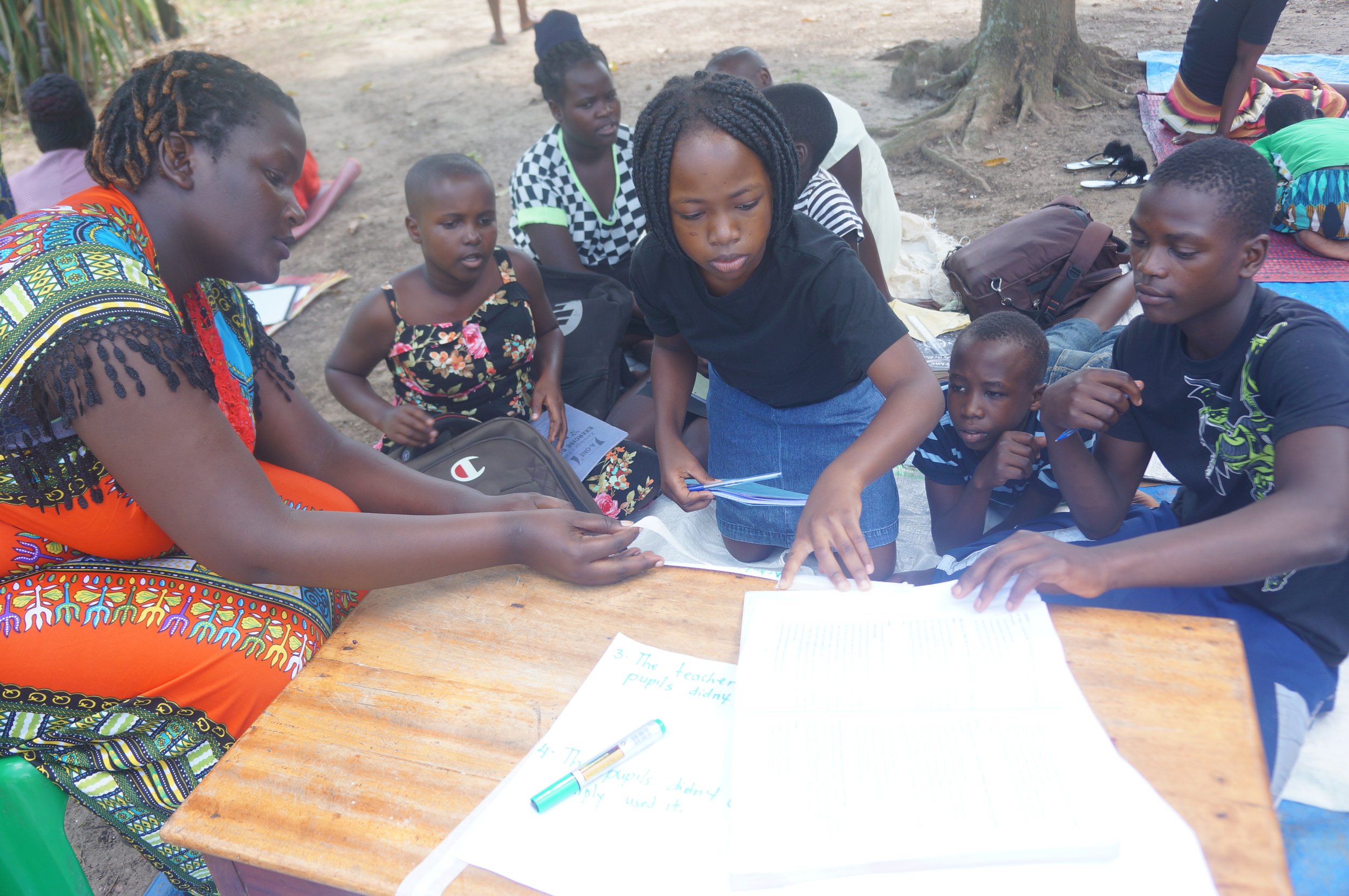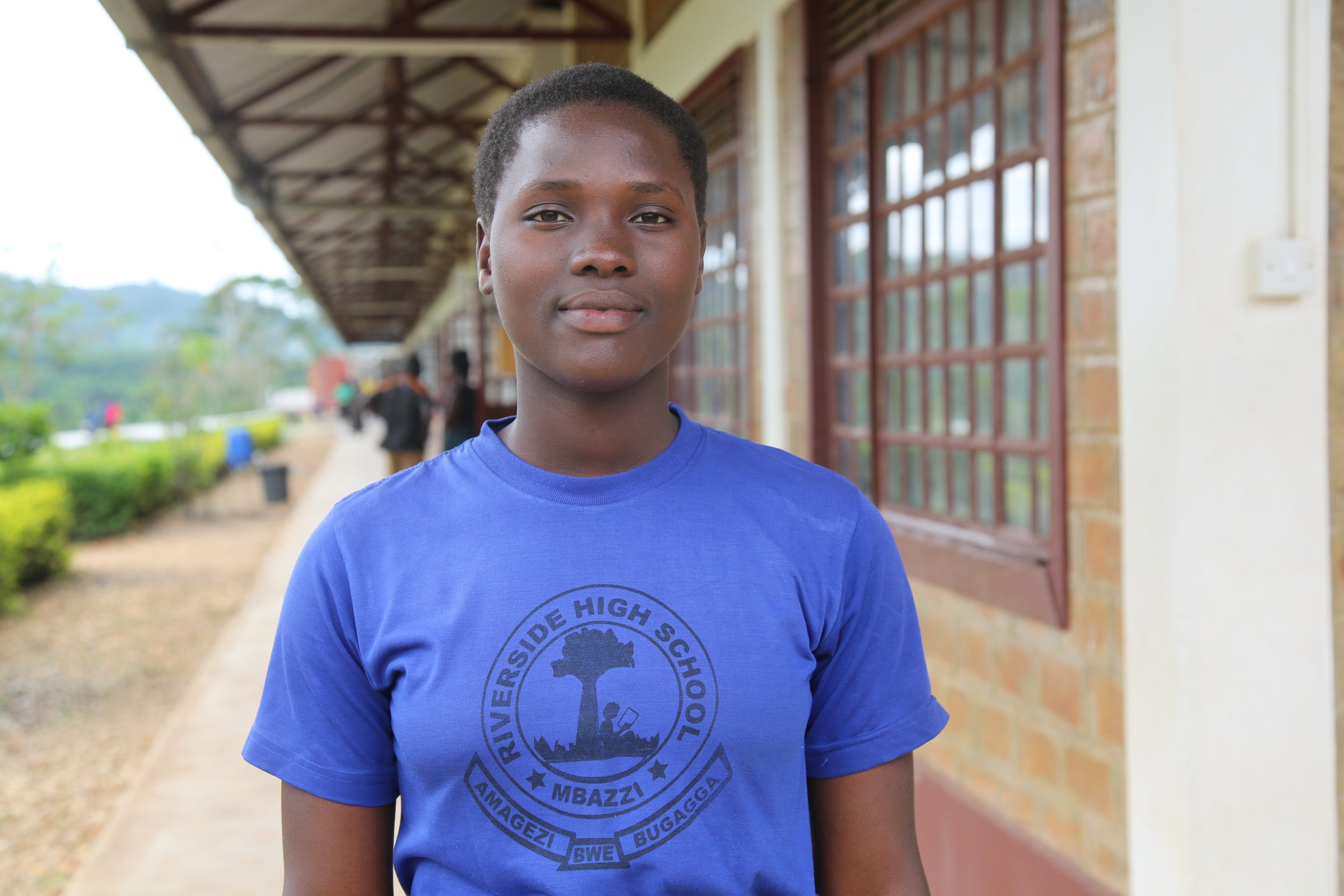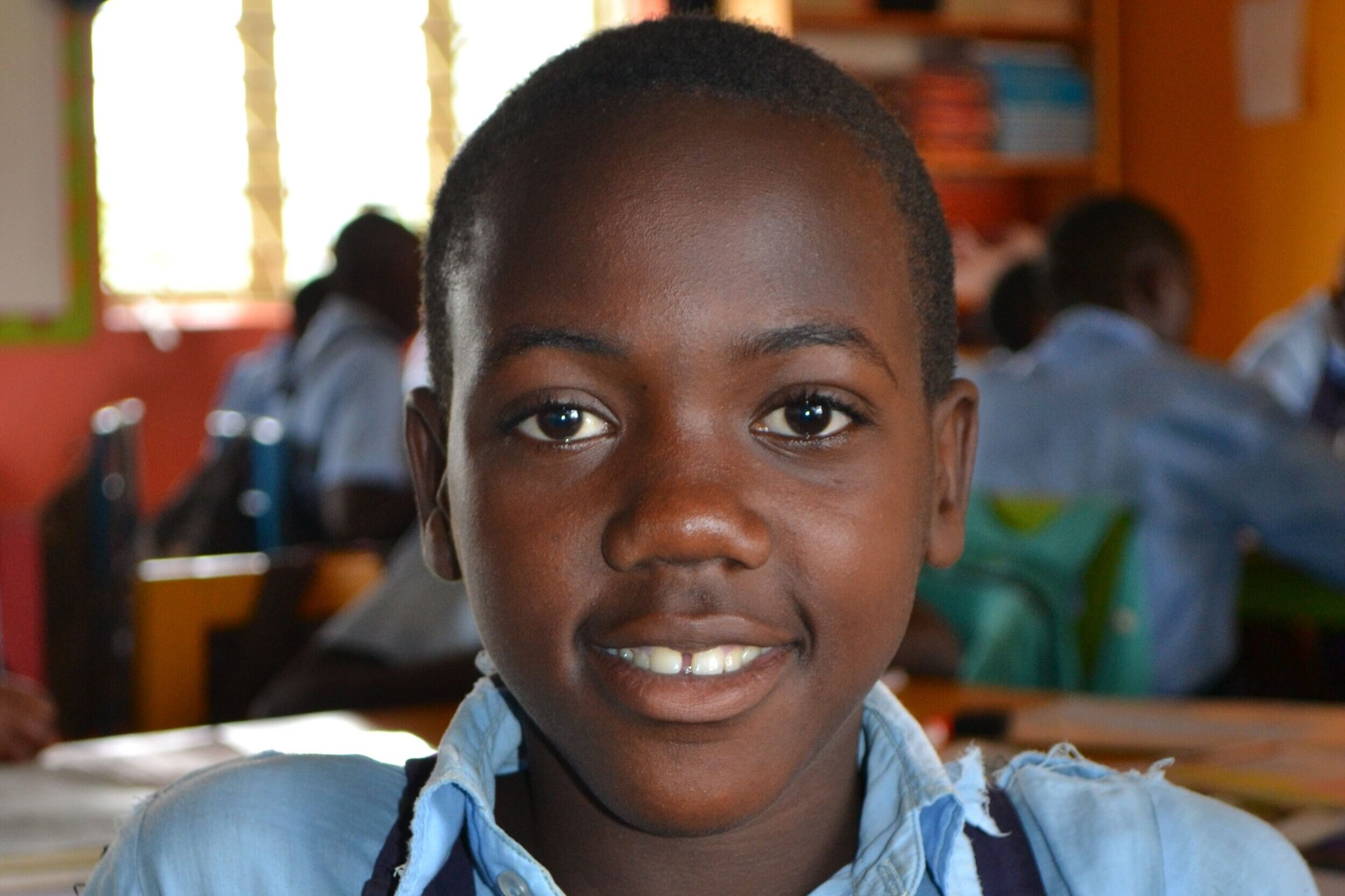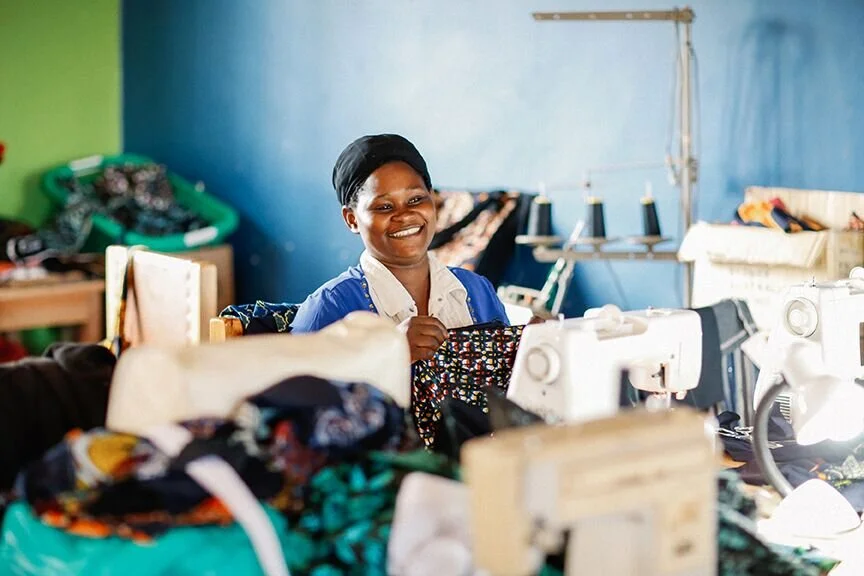With the education gap in Uganda wider than ever, we take a look at the impact of lost learning in the communities we support and the vital efforts needed to help them recover.
One-third of all children in Uganda may never return to school.
This is the tragic reality in Ugandan communities, following the world’s longest school closures of nearly two years. Around 15 million students were affected. The education gap has now widened in a country where, even before the pandemic, only 3 out of 10 children finished primary school. The impact of sustained lost learning will be far-reaching.
School for Life students have been well supported and cared for over this time thanks to dedicated school leaders, teachers and parents in Uganda, as well as incredible supporters in Australia.
But the education recovery effort is now at a crucial point as lost learning is addressed. It’s more important than ever that children are given the opportunity of a quality education.
And getting children back into school is only part of the story.
The impact of lost learning
Regina Namugeye started her journey with School For Life at Pre-Primary at Katuuso Primary School.
“I liked learning English and my teachers were very good to me. I even made two best friends. I always enjoyed reading books in the library and break-time. My favourite food was rice and meat.”
When the pandemic hit and schools closed, her life became very different.
““Now, I wake up to first do the digging at home, wash utensils and cook food. Then I can spare only 2 hours to read. I do not get enough time for my books, I do not get access to my teachers for help as it would be when school is on, and I do not get to have discussions with my friends.””
We heard countless stories like this from the students. They missed their friends. They missed their teachers. They missed having the opportunity to learn.
The resilient team in Uganda were able to continue to support, pivoting to a hybrid learning model, which included home learning packs and weekly phone calls. The launch of Google Classroom helped to bridge the digital divide in rural areas.
Our hearts were warmed by the response and resilience of the students. Keeping them engaged with work and time with their teachers gave them hope and motivated them to keep working hard.
Sadly though, the lengthy school closures are expected to affect up to a third of Ugandan children permanently. Some started work to support their families, with child labour increasing from 21% to 36% (Uganda National Household Survey 2019/20). Girls have been disproportionately affected, with a 22.5% increase in pregnancies in school-going girls from as young as 10 years old (UNICEF).
These children have been unable to return to school and the ripple effect will be felt across their communities for generations to come.
Regina was one of the lucky ones. We were thrilled to see her return to Mbazzi High School in January this year and continue on with fulfilling her dreams.
“Being back at school means I’m interacting with my friends and teachers again. I’m able to participate. I want to become a teacher.”
Regina
A holistic approach to education recovery
Giving children the opportunity to get back into the classroom is just the beginning of the education recovery effort.
A holistic model of education is key to helping the most vulnerable children recover from lost learning, fulfil their potential and go on to empower their community. This approach removes barriers to accessing education and supports the students physical and emotional wellbeing.
Next year, we plan to expand our programs to reach 1,600 students and build capacity with over 60 teachers.
Our programs cover 4 key areas. Delivering on each of these is the way to achieve true generational change.
Quality education
Providing a modern, safe and supportive learning environment ensures students stay engaged. They learn about technology and science. They develop entrepreneurial skills through initiatives such as the Sawa World program. They participate in sports days and extra-curricular activities including the Duke of Edinburgh Award.
Student wellbeing
A holistic approach to education means supporting the student’s physical, social and emotional needs. This includes access to onsite healthcare and clean drinking water, nutritious meals, counselling and mentoring, and wellbeing workshops. Menstrual hygiene support is also vital for girls to succeed in school.
Capacity building
To provide the best education, we need the best teaching staff. The teachers have access to continuous professional development, covering information and communication technology, leadership coaching and pedagogical support.
Community engagement
Without the full support of the community, change will be short lived. Education programs about parenting, children’s rights and sex education help overcome risks such as early marriage for dowry, teen pregnancies and behavioural management.
Education has the power to strengthen a generation.
It can lift whole communities out of poverty. And it can create a ripple effect that will last for generations to come.
The power of one
Regina, like many of the students we support, was able to return to school. Even so, it’s estimated that the impact of lost learning could set her back by close to 2.8 years.
The education recovery effort over the next 12 months is critical if we’re to limit the learning deficit and allow more children to access life-changing education. And education has the power to be even greater than the impact on one child’s life.
“When you educate a child you have educated the nation, since change starts with an individual.”
You can harness the power of one by joining us for Giving Day on Tuesday 22nd November 2022 when all donations on the day will be tripled. To find out how you can get involved, please visit our Giving Day website.

